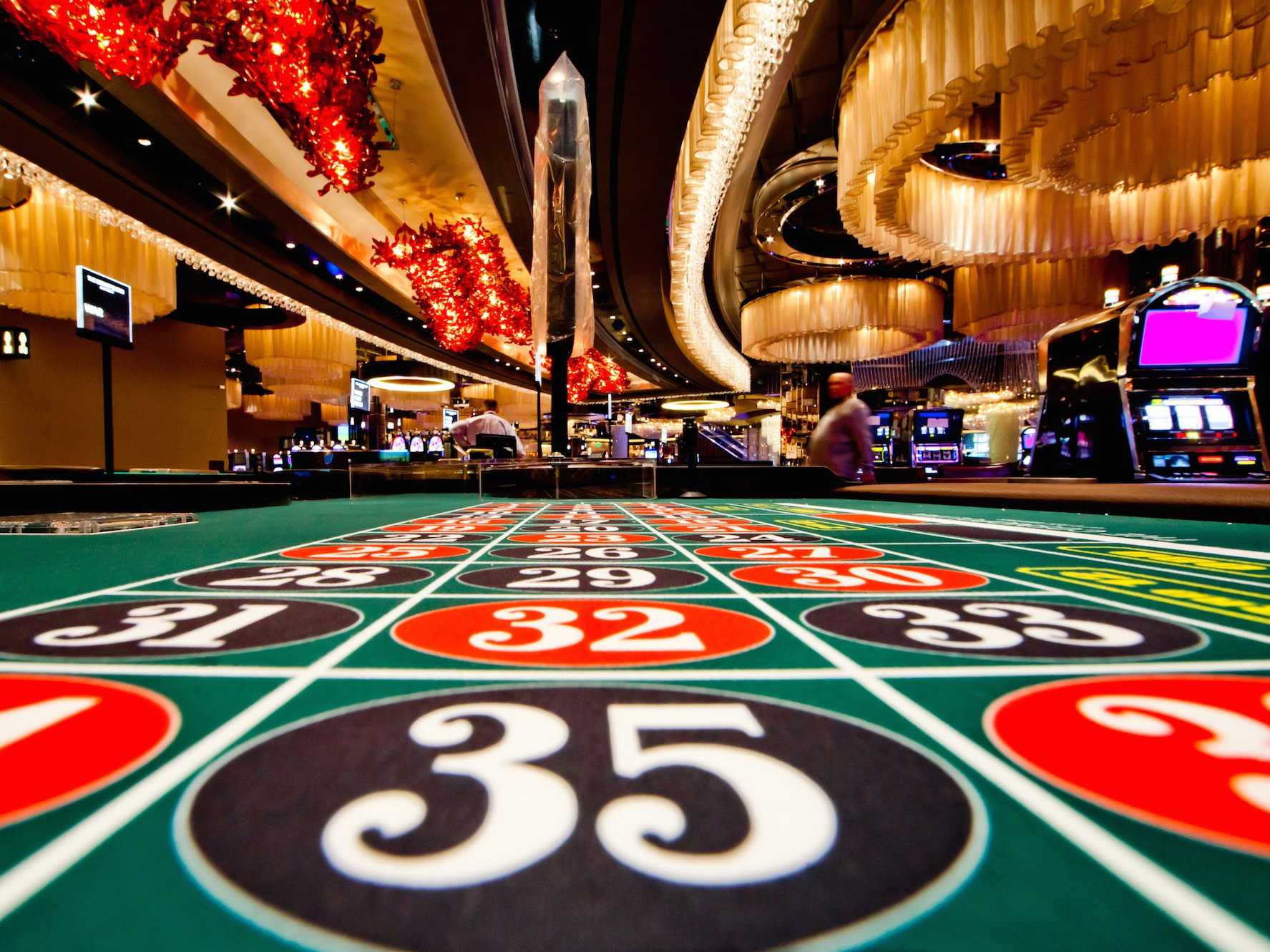
When we think of casino games, the initial images that often come to mind are those of rotating wheel devices, card tokens clinking on fabric tables, and cubes rolling across a gaming area. While many consider these games as mere pastimes fueled by luck, a more profound exploration reveals a fascinating blend of strategy, expertise, and community engagement that elevates them well beyond basic chance. Whether you are a experienced player or a curious newcomer, grasping the subtleties of these games can greatly enhance your experience and understanding.
Gambling games have developed over centuries, with various cultures contributing to their rich backgrounds and variations. From the intricate tactics of blackjack to the deception tactics in poker, players engage in a battle of intellect as much as a gamble on odds. This exciting interplay between luck and skill creates a thrilling atmosphere that draws countless people to casinos worldwide. As we delve into the realm of table activities, we will uncover the strategies that can tilt the odds in your favor and the social elements that make these games a popular choice for entertainment and engagement.
The Approach of Casino Gaming
Casino gaming frequently combine a blend of ability and chance, making them intriguing for participants who enjoy a test. Every title has its own set of guidelines and strategies that can affect the outcome. For example, in games like blackjack, participants are obliged to use tactics like card counting and grasping the probabilities to make informed decisions. This expertise can greatly improve the victory potential, differentiating experienced players from beginners who may depend entirely on chance.
Conversely, games such as the roulette may seem to be entirely based on chance, but strategic thinking can also come into the equation. Players can choose between different wagering strategies, such as the Martingale strategy, where they raise their wagers after losses. This method can create a more controlled way to the activity. Grasping the probabilities of specific bets can also help players make better decisions on the roulette table, showcasing that even titles of luck, tactics can enhance the experience.
Additionally, the game of poker stands out as a title that strongly focuses on strategy. Unlike most casino titles, the game of poker merges ability, psychology, and luck. Participants must also focus on the hands they are given but also consider their rivals’ behavior and wagering patterns. Mastering concepts like table position, the odds of the pot, and interpreting bluffing is crucial for success. This depth of strategy in poker often leads to a more immersive experience for participants, where the choices and skills significantly affect the game’s results.
Grasping Probability and Ratios
In the world of casino games, likelihood and odds hold a vital role in deciding a gambler’s possible outcomes. Every match has its own collection of principles that dictate how the chance of succeeding or losing is measured. For case, in matches like 21, players have a chance to influence their ratios through strategy, whereas in matches like the wheel, the outcomes are exclusively governed by chance. Grasping how these chances are calculated can significantly impact how a gambler deals with the match. casino en ligne
Odds are typically shown in two forms: fractional and decimal. Fractional ratios represent the ratio of the sum gained to the sum staked, whereas decimal ratios show the overall payout for a successful bet, which includes the stake. For instance, if a match has ratios of 5 to 1, this implies that for every one unit staked, a player could win five dollars if they win. Knowing how to understand these ratios enables players to evaluate their possible winnings and formulate more wise choices during play.
Gamblers should also be conscious of the house edge, which is the casino’s built-in advantage over the players. Each game has a distinct house edge, and grasping this idea is crucial for controlling one’s expectations and bankroll. Activities with a reduced house edge, such as 21 and baccarat, typically offer superior ratios for gamblers compared to games like slots and lottery. By understanding the connection between chance, ratios, and the house edge, gamblers can improve their gambling experience and strategize more efficiently.
The Social Aspect of Casino Table Games
Casino games at casinos are often seen as a hub of social interaction, bringing players together in a collective experience that extends far beyond the mere act of gambling. The atmosphere at a blackjack table can be electric, with players engaging not only with the game itself but also with each other. Joy, excitement, and, occasionally, friendly banter create connections that enhance the overall experience of the gaming experience. This communal aspect can turn a alone endeavor into a dynamic social event, making table games particularly enticing.
One of the fascinating elements of gaming at tables is the way it cultivates friendship among participants. Whether it’s teaming up to beat the dealer at a dice table or sharing stories between hands in a poker game, the environment encourages communication. Participants often share advice or tactics, creating a sense of togetherness that boosts the fun. This social dynamic can make new players feel included and less intimidated by the competitive nature of casino games. As the game continues, friendships may form, leading to a sense of belonging that keeps participants returning to the table.
Moreover, the social aspect of gaming at tables extends outside just the players. Dealers play a crucial role in facilitating interaction and maintaining the flow of the game. Their ability to engage players with warm dialogue and their expertise in running the table can create an welcoming atmosphere. This connection between participants and dealers adds another layer of enjoyment, where players feel connected not only to each other but also to the staff. Such interactions are often what make the experience unforgettable, as players leave with tales to tell and connections made, reinforcing the notion that gaming at tables are truly about more than just chance.